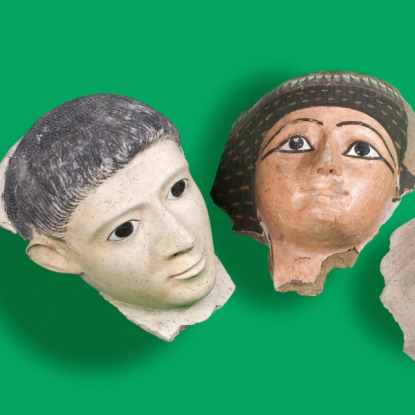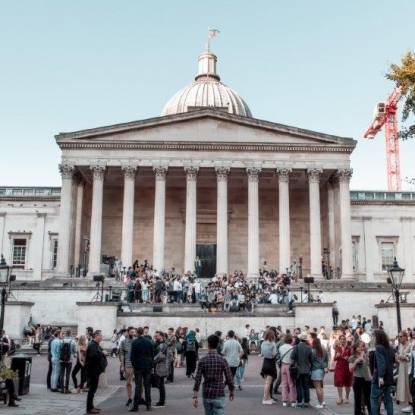UCL Takeover: Big Data Sing - a report by Oliver Patel
This week UCL Culture News features a takeover by Oliver Patel, Manager of the UCL European Institute and Research Assistant for UCL Grand Challenges. Oliver holds an MSc in Philosophy and Public Policy from LSE and a BA in Politics and East European Studies from UCL.
Over the next three articles, Oliver will be reflecting on on our Transformative Technologies festival which happened back in June. The programme of events was fuelled by UCL research exploring the power of technology, and its potential to radically reshape the world we live in. So let's dive in and see what he found!
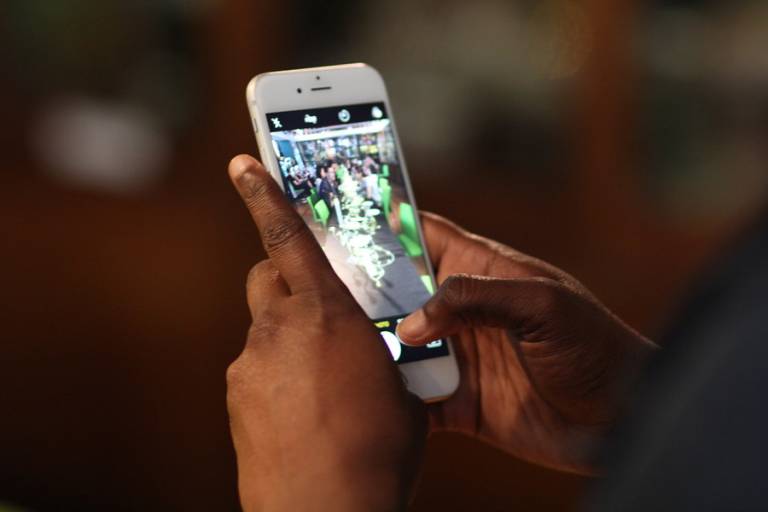
Data is ubiquitous in the digital age. Virtually everything we do, both online and offline, is measured, recorded and stored as data. Information about the messages you send, the websites you visit, the videos you watch, the food you buy, the trains you take, is sitting in a large data set somewhere, being used by someone - probably to make money. The unfathomable amount of data which is generated each day has become the most valuable resource in the world; it is the currency which fuels the likes of Google, Facebook and Amazon. The explosion of big data sets - and the tools we have at our disposal to analyse them - presents serious challenges and ethical quandaries, as well as great opportunities for advancement. Through debate, discussion and music, Big Data Sing explored these important issues, in what proved to be a fun, engaging and insightful evening for all involved.
Situated in the majestic Grant Museum of Zoology, appropriately surrounded by centuries worth of data collected by natural scientists (stored in glass boxes as opposed to Dropbox), participants were treated to a banquet style setting complete with food, wine and entertainment. Throughout the evening, the Big Data Choir performed a number of big data related renditions. Songs about the opaque and mysterious nature of cloud storage solutions, and the ridiculous number of zeros associated with various units of data storage (yottabyte, anyone?) were among the most amusing hits, and provided a welcome respite from the mind-boggling topics being discussed.
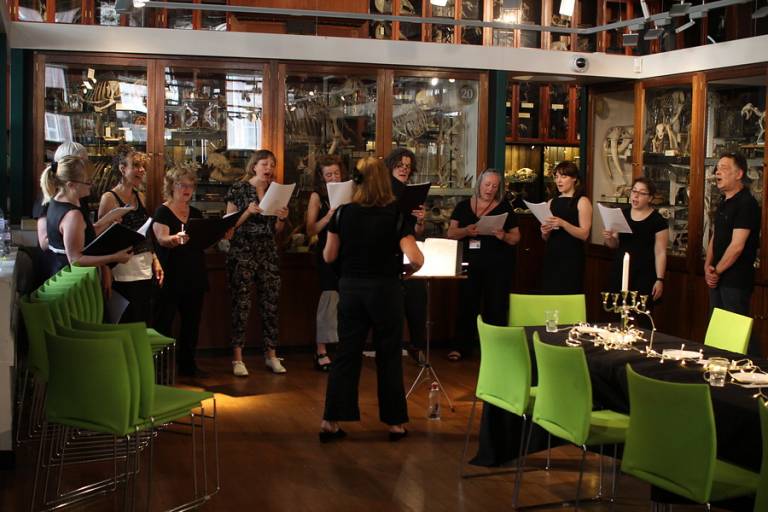
The audience was also treated to insightful talks from two UCL scientists. Dr David Barber from UCL’s Computer Science department opened proceedings with a talk about big data, artificial intelligence and machine learning. He stressed that most advancements in artificial intelligence, such as search engines and self-driving cars, are driven by big data. However, big data is meaningless without big computing (i.e. enhanced computer power to process the data). Second, Dr Li Wei from the UCL School of Pharmacy spoke about the indispensable role that access to personally sensitive big data sets plays in her research. She explained that without access to medical data about the types of painkillers patients take, her team might not have established that there is a causal link between painkillers with higher sodium content and increased risk of hypertension.
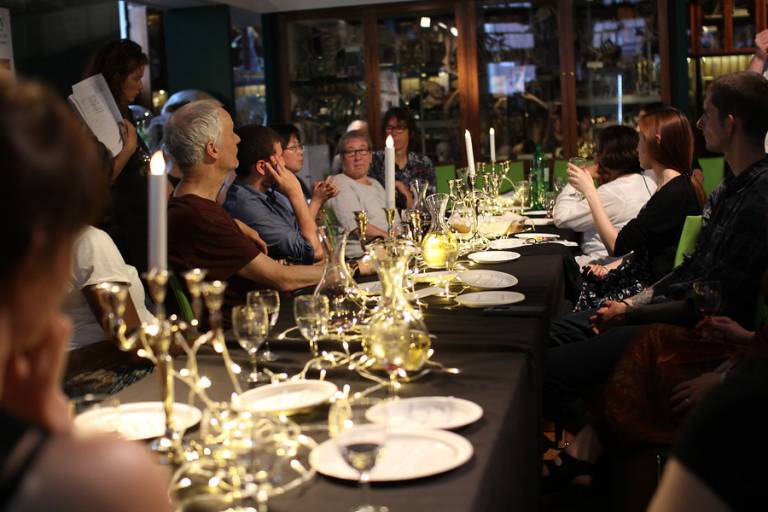
These fascinating talks about the future of artificial intelligence and the use of personal data sparked heated debate amongst participants, who were encouraged to share ideas throughout the evening. Questions debated by the audience included how much privacy should be given up for the sake of scientific advancement, how many people should self-driving cars be allowed to kill before being considered too dangerous, and whether an advanced security safe is a better place for private documents than Google Drive. The diversity of the audience ensured for an interesting discussion, in which everyone got involved. All in all, Big Data Sing was one of the highlights of the Transformative Technologies Festival. The mixture of academic discussion, debate and music proved to be a hit, and the audience members went home with enhanced understanding of a defining feature of the modern world: big data.
 Close
Close


